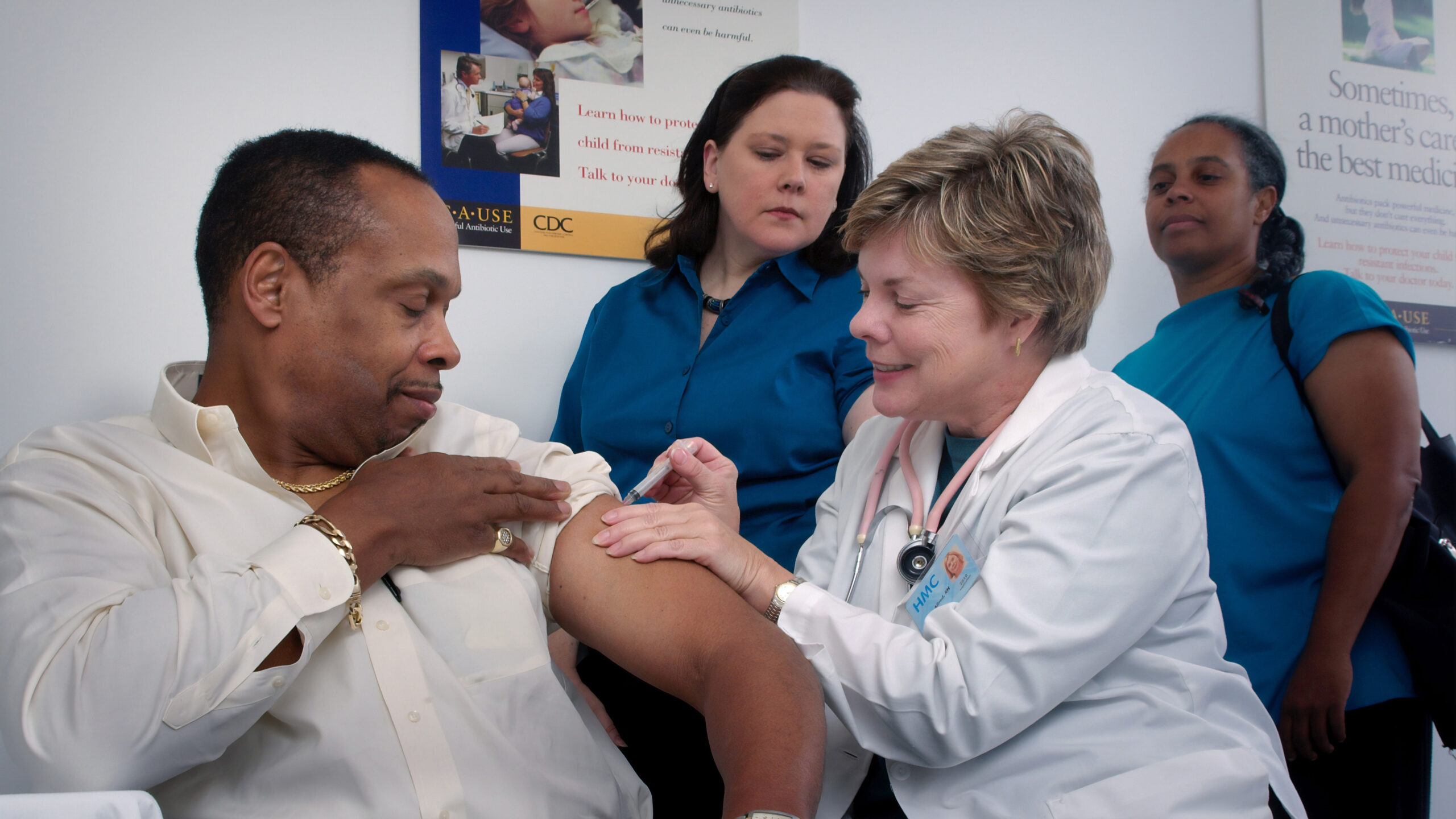The COVID-19 pandemic put a spotlight on how people view modern medicine within the healthcare industry.
Vaccine mandates leading to events such as the “Freedom Convoy” protests that took place in January, or the rise of the online anti-vaxx movement, seem to have led to a distrust in the advice of medical professionals.
Milagros Salaza, a family doctor for Bramalea Medical Group, told Humber Et Cetera that when it comes to trust, it depends on the relationship between doctor and patient.
“I think it depends on the doctor, it depends on the relationship with you [and] if they have a good relationship with the doctor or the professional that they know,” Salaza said.
Salaza said patients will continue to have confidence in their doctors in the years to come if both parties are clear about treatment and care.
“They have to know the importance and the disadvantages and possible side effects and let them decide and they will decide for the better,” Salaza said.
George Saad, the most responsible physician (MRP) at Brampton Civic Hospital — a physician or other regulated healthcare professional who has overall responsibility for directing and coordinating the care and management of a patient at a specific point in time — said people have less faith in today’s medical institutions.
He told Humber Et Cetera that bad patient experiences during COVID-19 may be to blame for the lack of faith, given that many endured longer wait times and overworked staff.
“So if you took your car to the mechanic, and they took forever to fix it, he just had a general poor experience, you probably don’t want to take your car to the mechanic,” Saad said.
The 2022 Edelman Trust Barometer on health and trust involving 10,000 people in 10 countries including Canada showed that 52 per cent “of respondents say the pandemic has decreased their confidence that the healthcare system is well-equipped to handle major health crises.”
According to Statistics Canada, during the COVID-19 pandemic, 83.7 per cent of nurses and 65.2 per cent of physicians have had an increased workload and 63 per cent of nurses along with 46 per cent of physicians were forced to work overtime or additional hours beyond their regular schedule.
Additionally, 92 per cent of nurses and 83.7 per cent of physicians have reported feeling more stressed at work.
Karen Britto, an emergency services worker also working at Brampton Civic Hospital, said the Stat Can report reflects her experience.
“We had actually a lot of that with COVID,” she said.
“Unfortunately, a lot of people who were sick with COVID didn’t believe that they had COVID and thought that we were lying to them and this was all a government conspiracy,” Britto said.
Britto said that it has become very difficult to treat someone who believes that you’re lying to them and that the pandemic has also given way to more people questioning all vaccinations.
Britto told Humber Et Cetera that she blames this on people getting their information from social media as opposed to journalism institutions.
“When someone says something, you just believe it. Usually through journalism you have to check,” Britto said.
Skepticism with medical institutions is held and platformed by people with a large influence.
Former comedian turned podcaster Joe Rogan famously said on one of his episodes that ivermectin was effective in treating COVID-19, gaining traction on social media, despite the narrative being proven false by the medical community.

